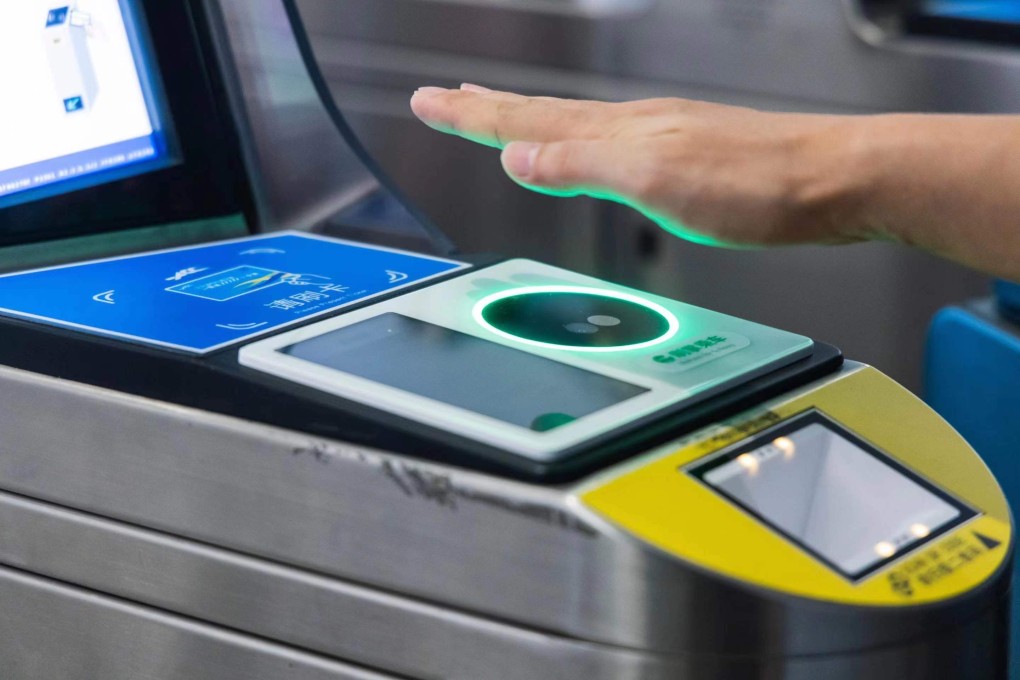Advertisement
Opinion | In technological race for greater convenience, we must not leave privacy in the dust
- China and other countries are quickly adopting biometric payment methods and digital currency for everyday needs, but many worry this comes at a cost
- The tech also raises questions about how to set up guardrails to prevent fraud, tracking and other data misuse
Reading Time:3 minutes
Why you can trust SCMP
2

The world is racing to use technology to achieve ever-greater convenience – with no final destination in sight.
Take subway tickets in Beijing, for example. Passengers 20 years ago had to line up at counters to obtain paper tickets, which they then handed to staff at the gates to enter train platforms.
Last month, a subway line linking downtown Beijing with Daxing International Airport debuted a new feature allowing passengers to enter and exit stations by scanning their palms.
All around the world, paper tickets have evolved into more advanced forms, from plastic tokens to magnetic cards and QR codes on smartphones. But it seems each new development is never convenient enough.
In July 2020, the city of Harbin, capital of northeastern China’s Heilongjiang province, added facial recognition as a payment method for boarding the subway. The facial scanning technology works even when passengers are wearing masks.
Advertisement

